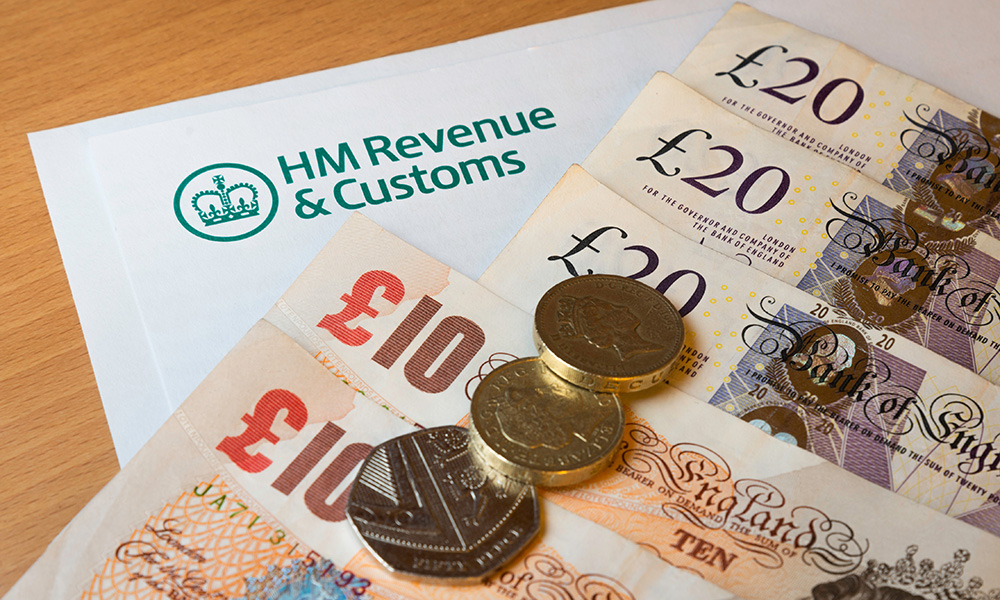What is a UTR number, and how do I get one?
Back to all Self-Employed guides

A UTR or unique tax reference is a 10-digit code that HMRC can use to identify you or your business. If you file a self-assessment as a sole trader, partnership or director of a limited company, you’ll need to have this number. You will also need a UTR if you have other income or expenses requiring you to file a self-assessment.
How to get a UTR number
Registering for HMRC’s services online will automatically receive a UTR. This will allow you to manage your personal or business tax account online, including self-assessments, VAT and corporation tax. You should register for a UTR number within three months of opening a business. HMRC will then send you an activation code within ten days of registering, which allows you to activate your online tax account. This code is valid for 28 days.
You can also call HMRC’s self-assessment hotline to request a UTR number or even write to them requesting a code, although this will likely take much longer than registering online.
To register for a UTR, you must supply HMRC with information, including your national insurance number, business address, the date you started self-employment and your business type.
Why do I need a UTR number?
The most important reason for having a UTR number is so that you can accurately complete and submit your tax returns and HMRC can identify you. Without a valid UTR number, your self-assessment won’t be submitted correctly, and this can result in a potential fine. Similarly, if you fail to notify HMRC that you’re self-employed and haven’t received a UTR number, you could end up having to pay a hefty fine and even face criminal prosecution.
UTR numbers are also necessary for Construction Industry Scheme (CIS) tax refund registration.
Where can I find my UTR number?
Once you’ve been given your UTR, it will be quoted on all correspondence from HMRC, so you can find it on documents such as your previous tax returns and payment reminders. You’ll also be able to find it in your tax account and via the HMRC app.
If you can’t find your number here, you can request it by calling the HMRC self-assessment helpline. It will then be posted to you. This can take around ten days, so give yourself plenty of time before filing deadlines if you struggle to find your number.
What is the UTR number for a company?
If you’ve set up a limited company, you’ll need a UTR number for the business so that HMRC can identify what tax you owe. Like a personal UTR number, a company UTR is ten digits long and will be issued when you register your limited company. Keep this number on file, as you will need it for things like filing business taxes and tax returns.